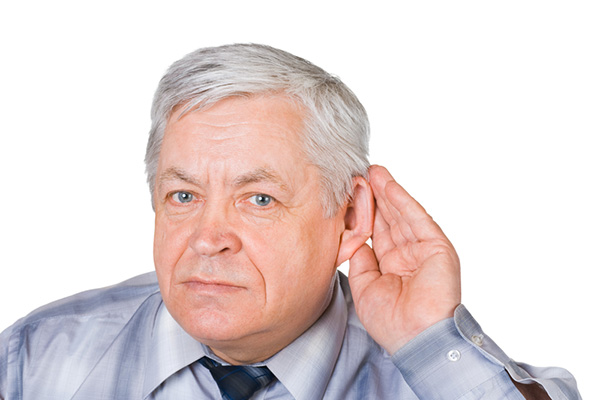
The Basics of Tinnitus: Definition and Causes Explained
You may have heard of tinnitus but what is it really? To put it simply it is a ringing or buzzing in the ear. The sound is most likely heard as a ringing or buzzing in the ear but it is not limited to these two sounds, some say they hear a whooshing sound or water such as the sound of waves or white noise like static from the television. These are only a few examples of what the sound of tinnitus could be for a person, even the pitch at which it is heard can range from very high pitched to a very low hum. For some this sound is constant, there all the time no matter the time of day, situation or surrounding noise, while for others it is intermittent, there only when severely stressed or tired.
What causes tinnitus?
Tinnitus can occur in a person for many reasons. The most common cause of tinnitus of course is damage to the inner ear; damage to those little tiny hairs that are in the cochlea that cannot be repaired or rejuvenate over time. This damage usually occurs when a person is exposed to excess loud noise for a long period of time. Not only does this prolonged excessive exposure to loud noise cause tinnitus but it also causes hearing loss so unfortunately these two go hand in hand quiet often. Other causes of tinnitus include but are not limited to aging, medication, genetics, head or neck injuries, disease, ear infections, trauma to the outer, middle or inner ear and diabetes or high blood pressure.
What puts you at risk to develop tinnitus?
So am I at risk? You may be at risk for any number of reasons, but of course prevention is key. If you work in a loud work environment or listen to loud music or concerts you may be at risk for developing tinnitus. If you smoke you may be at risk. If you have a hearing loss and are in the aging population such as the Baby Boomer generation you may be at risk. Men unfortunately are more likely to develop tinnitus than women are.
Can tinnitus be treated?
While tinnitus isn’t a “curable” condition, there are numerous treatments available to provide relief. Hearing aids are the most commonly used instruments to help drown out the sounds of tinnitus, but there are also therapy methods, noise cancelation machines and hypnosis. It is a good idea to check with your hearing health professional to determine the possible cause of your tinnitus and what can be done to help you find the relief you need!

